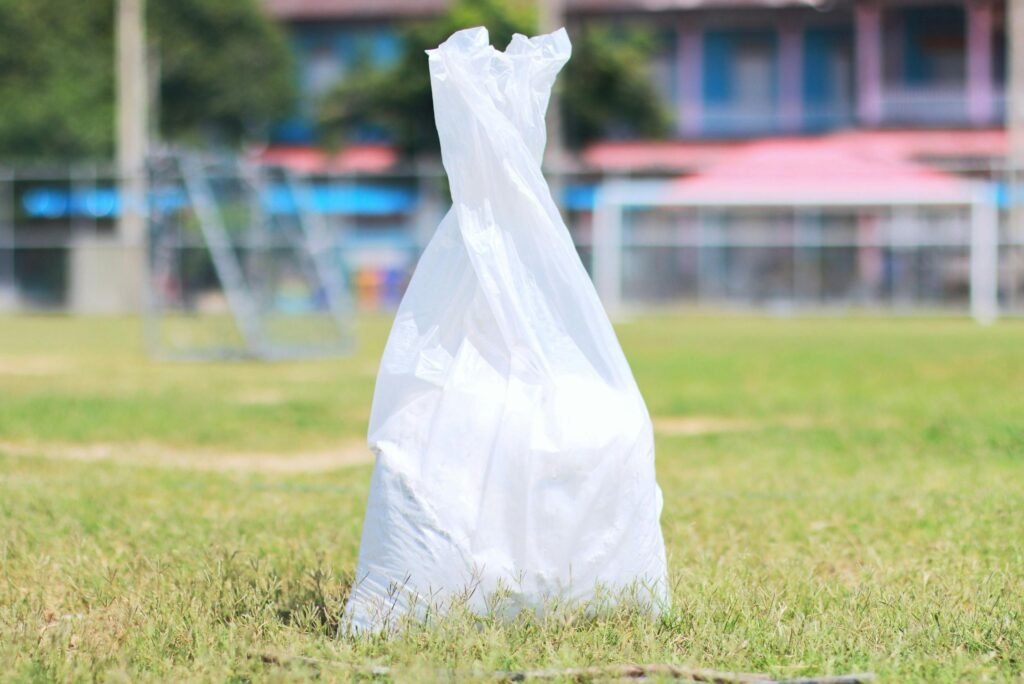Understanding Zero-Waste Living
Zero-waste living is the philosophy of reducing any wastes that are produced by a group of individuals or communities. In this lifestyle we try to achieve a cycle of sustainability, where no materials are buried in landfills. Generally, people who follow this lifestyle try to reuse things or recycle them or turn them into compost instead of throwing items away. This will help keep things out of the landfills and ensure that we use our resources smartly.
Zero-waste, basically, encourages people to view their consumption habits critically and make an effort to reduce the impacts that will stop the Earth from making progress. This means making conscious decisions over the products we need to use, knowing how they will impact the planet in the future. Provision of reusable products instead of single-use ones reduces the tons of wastes generated by people on a daily basis. For example, by using a certain type of reusable bottle instead of plastic bottles for water storage, one is able to reduce plastics and adopt sustainability.
Recycling is another essential factor in a zero-waste life. This can be achieved through the manufacture of new products using reprocessed materials, saving on resources and not requiring new production. Composting is very fundamental because it transforms organic wastes into fertile soil. This enables plants to grow thereby not letting things go to waste. It is like a cycle whereby waste food is useful for the environment. We see that there are lot of benefits of a zero-waste lifestyle. People can have cleaner living spaces and support the preservation of natural resources while working for environmental justice.
Thus, zero-waste living will help us in reducing the effects of climate change. It will also develop a sense of shared responsibility among communities that we have towards fighting climate change. Many will get motivated by this greener way of living. Hence, it builds a healthier planet for successive generations.
Practical Steps to Start Your Zero-Waste Journey
Starting a zero-waste lifestyle is good for you and even the planet. It makes you more mindful and responsible. Easy ways to start it off would be small and practical easy-to-do steps.
Some of the very first steps involve carrying reusable bags, bottles, and utensils. Such a habit reduces enormously the usage of disposable plastics, one of the mass contributors to waste all over the world. Selecting a sturdy cloth bag while shopping can help phase out plastic bags. A stainless steel or plastic water bottle minimizes the usage of plastic for yet another busy day. Utensils, too, encourage using reusable items for on-the-go food.
Another healthy step is to experiment with bulk purchases. Buying food and household items in quantities reduces most of the packaging waste. Many grocery stores have a bulk section where customers can fill in their containers with grains, nuts, and other essentials. This act alone saves much plastic but also results in savings due to cost over time.
We can implement small steps at home that could actually support a zero-waste lifestyle. Making a compost bin can be a simple but effective solution to the organic waste one generates. Composting food waste and yard scraps diminishes the vast number of trash products being sent to landfills while simultaneously creating nutrient-rich soil for one’s garden. Other home changes may be the use of glass containers for storage instead of plastic, switching to soap and shampoo in bar form rather than liquid form in order to limit packaging.
These actionable steps can be easily practiced in one’s daily life so that all may begin the zero-waste way. A person does not need to adopt everything at once to live a zero-waste life. You only need to start with some measures that are not that difficult to change, and you end up making quite a big difference over time. Through awareness and commitment, people can make a positive contribution to the environment.

Benefits of Zero-Waste Living
From personal to broader environmental impacts, there are many advantages to a zero-waste lifestyle. One of the most visible benefits of this sustainable approach is reduced pollution. When waste is minimized, less plastic is ending up in landfills and oceans, and even lower emissions in carbon related to the management processes of waste. It encourages the use of reusable things rather than disposable items, which contributes fully to environmental decay.
Apart from the environmental advantages, there are personal benefits of living a zero-waste lifestyle, especially on financial savings. Sustainable choices made by individuals makes them to spend less on disposable goods and more on quality, durable products. Thus, easing oneself out of financial stress while encouraging thoughtful consumption. This brings about conscious buying intent. It also makes the embracers of the zero-waste lifestyle claim to be more organized within their homes. Reducing clutter and emphasizing only the necessary items leads to living space that looks clean and in control.
One should never forget to talk about community when discussing adopting zero-waste habits. In fact, the larger the number of people embracing the lifestyle, the better this activity simulates a collective movement toward sustainability that could lead to changes at the level of norms and policies at the systemic levels. Such group efforts in community clean-up, workshops about composting, or local zero-waste challenges will raise awareness and might even lead to broader participation. As more individuals come to know about the benefits of reducing waste, we can then see a shift in consumer behavior and municipal practices. This way, we will be able to build a healthier planet.
In summary, the benefits of a zero-waste lifestyle are not only environmental but also personal well-being and community involvement. In making these deliberate choices to reduce waste, people contribute not only to their own quality of life but to a bigger goal – preserving our planet for generations to come.

Challenges and Overcoming Them
Switching to the zero-waste lifestyle creates several challenges that stop people from adopting sustainable practices. The first and, arguably, greatest challenge is convenience. Most people need things that save them time and thus opt for disposable products instead of sustainable ones. Some zero-waste items may not be accessible in some areas, especially in towns or places where green stores and markets are scarce. Furthermore, social influence – for example, that of the population as a whole, the majority of whom would be using disposal material – can be a test for one to stay disciplined with his or her zero-waste duty.
In order to be able to face such challenges well, communities that share similar values need to be identified. Sustainable communities in one’s locality or in any online platform can give support and tips on the incorporation of zero-waste into everyday life. Zero-waste communities usually offer practical solutions on how to find sustainable products, share experiences, and motivate each other to achieve the goal of environmental-friendly lifestyles.
Long-term success requires proper establishment of goals. Instead of looking for something that is impossible, one should focus on small, manageable steps that they can adopt in them into daily life. Some examples are replacing plastic bags with reusable ones and incorporating bulk shopping into weekly routines. Therefore, the result over time is that waste can be reduced drastically. Celebration of this victory in tiny steps helps enforce motivation and a sense of achievement.
Important aspects in the journey to sustainable living include resilience and perseverance. Individuals should be kind to themselves, acknowledging that everybody goes through setbacks while on this journey to sustainable living. With an open mind, ever seeking creative ways of overcoming difficult situations, it is possible to adopt zero-waste lifestyle and be a positive contributor to the sustainability of the planet.
Do share your thoughts by commenting below.






